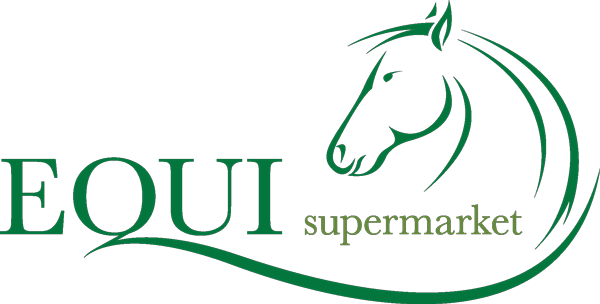There is nothing quite like the thrill of picking a winner and watching him romp home. You are unlikely to be successful if you choose your horses at random or just because you like their name! It pays to pick wisely and to place the right kind of bet! If you haven't gambled on the horses before then you may find all the information at a race confusing. Here's a brief guide to betting on the horses.
The Odds
The odds are indicative of the horses' chances of winning. The shorter the odds, the more favoured the horse. A horse with odds of 2/1 is deemed to have a higher chance of success than a horse with odds of 5/1. However, do bear in mind that the odds are fixed by the bookmakers. They inevitably favour the bookies. Odds of 5/1 mean that every 1 unit you bet you get 5 in return plus 1 unit because that was your original bet. So, if you bet £10 on 5/1 odds and your horse wins you would receive £60 in return (£50 + £10). The bookmakers always factor in not only the horses' track records but also the amount of money that has been wagered on them. This is to protect themselves from losing money overall. So if a horse has attracted a lot of interest from punters its odds are shortened and may not be reflective of its actual chances. For this reason, the most popular horses like Desert Orchid, rarely represent a good opportunity.
Starting Prices
When you place a bet, you can choose to take the current odds or the starting price. The starting price is the odds for that horse at the start of the race. Some odds will shorten as the race approaches, others will lengthen. It can be hard to know which way things will go. However, if you are betting on a big race like the Grand National, any horses with endearing back stories or connections to celebrities are likely to shorten on the day of the race. The odds can also fluctuate because of changes to the going, so it can be worth checking the weather forecast if you are placing a bet a long time in advance! If your horse is a mud lark and it is going to rain heavily, his odds will most likely shorten so take the price you are offered in advance!
Age, Weight and Form
Most jump races are handicaps. This means that the best horses have to carry a heavier weight, and this will influence the potential outcome of the race. When you look at the runners and riders for each race you will see a list of numbers under each horse. The three hyphenated numbers, for example, 10-11-4, indicate the age of the horse and the weight that it is carrying. The first number is the horse's age, the second two numbers are the weight it is carrying in stones and pounds. The top flat races can be easier to predict because the horses are not handicapped. However, successful horses will have very short odds and so there isn't much money to be won. When you look at the runners and riders you can also examine their recent form. You will see a list of numbers and letters, for example, 1125U-P23. The numbers indicate the horse's finishing position in each race (1 - 9) and there is a hyphen between each season. Any 0 means that the horse didn't finish in the top 9 places. The most recent result is the last number on the right. A "U" indicates that the rider wasunseated from their horse. A "P" means that the rider pulled up the horse in the race. The dreaded "F" means fell!
Placing Your Bet
You can place a bet by visiting a bookmaker but it is easier to gamble online. Simply open an account and transfer some funds. Then all you have to do is bring up the list of runners for a race, click on your preferred horse and enter the amount that you would like to gamble. You can bet on the horse to win or choose to place an each way bet. With an each way bet you receive a pay out if your horse wins or is placed in the first three and sometimes in the first four. Half of your stake is for the win, half for the place. You receive only a quarter of the odds on the place. In other words, if you bet £10 each way on a horse, your total stake is £20. If the horse's odds are 5/1 and it comes first you win £62. 50 (£10 x 5) + (£10 x 1. 25) and your £20 stake is returned. If it is only placed, you win £12. 5 (£10 x 1. 25) and only £10 of your stake is returned. Gambling should be fun and so you should only ever wager an amount that you can afford to lose. No matter how careful you are about choosing the horses, the bookies are likely to come out on top! Please gamble responsibly.


